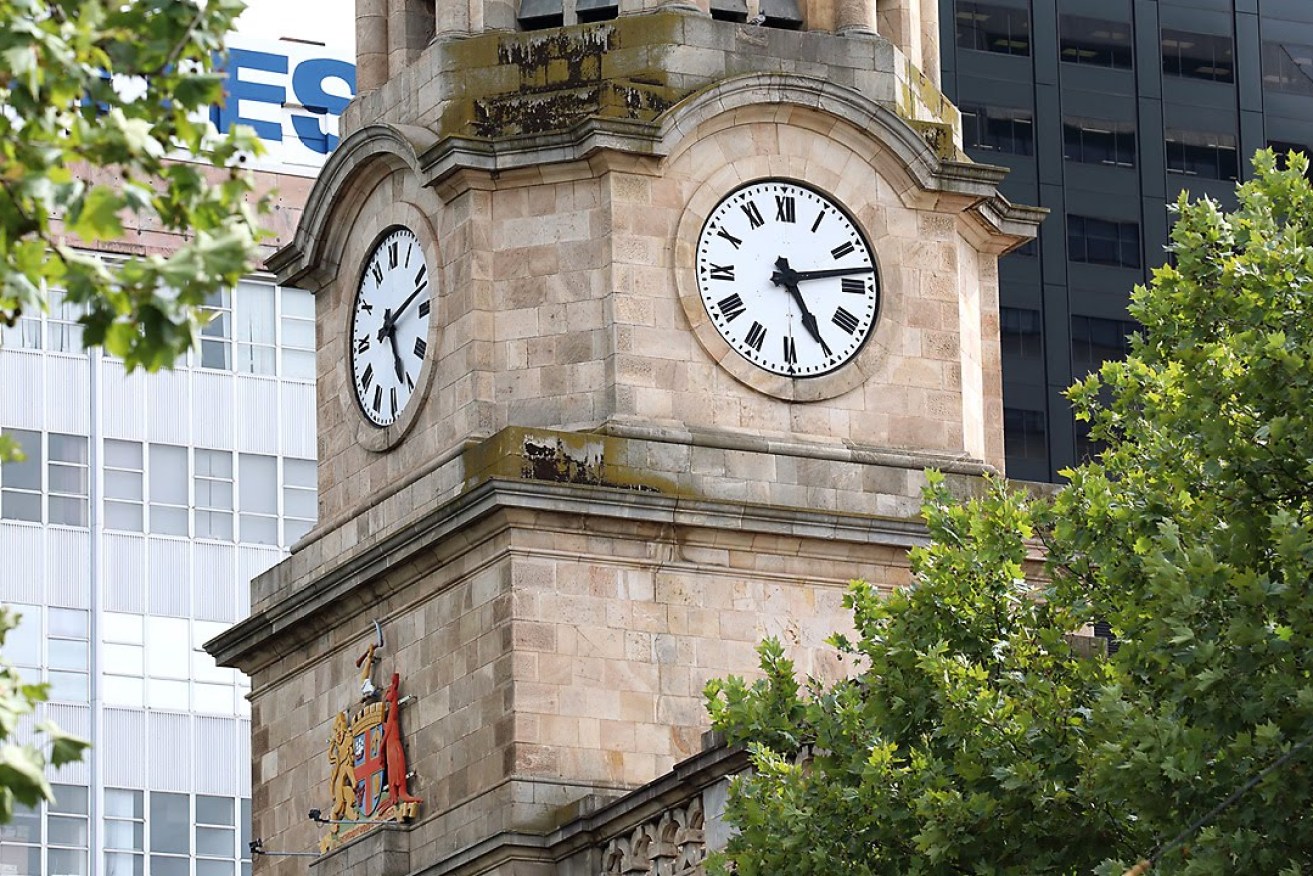Supreme Court rejects city council’s Howard-era U-Park grievance
The Adelaide City Council has failed to convince a court that ratepayers have paid too much rent on the Gawler Place U-Park for almost two decades because traders allegedly exploited the introduction of the GST at the start of the millennium.


A long time coming: The Supreme Court has rejected the Adelaide City Council's claim ratepayers have paid too much rent because traders exploited the introduction of the GST almost two decades ago. Photo: Tony Lewis / InDaily
Bizarrely, the judgment in the case also reveals that the council leased the car park to a private company, City Development Corporation, in 1973, then sub-leased it back to itself days later – so that it was paying $120,000 each year to rent a property it already owned.
A spokesperson for the council has confirmed the council still owns the land on which the car park sits. At the time of writing it’s unclear whether it also owns the building.
The arrangement that began in 1973 continued until the year 1995, according to the Supreme Court judgement, at which point the council agreed to pay more rent to the car park’s sub-lessor.
In September 1995, it agreed to an increase in annual rent – to be paid then to the Motor Accident Commission, which had succeeded the City Development Corporation as sub-lessor – to $880,000 each year, indexed to rise with local inflation (Adelaide CPI).
In March 2000, by which time the Motor Accident Commission had handed over its interest in the property to India Pty Ltd, the rent increases were pegged to national inflation (Australian CPI) instead.
A few months later, the Howard Government’s Goods and Services Tax came into force.
In court, the council argued that there was a spike in Australian CPI at the time that the GST was introduced and that it was in part due to “price exploitation” – the illegal practice of using the introduction of a new tax to unreasonably raise prices beyond the cost of the new tax.
By increasing rent each year according to CPI without accounting for price exploitation in the Australian economy, the council argued, India Pty Ltd had itself engaged in price exploitation.
The council argued that ratepayers have been paying too much rent on the U-Park, for that reason, since mid-2001.
To make its case, the council called Peter Verwer as a witness.
He was the CEO of the Property Council of Australia from 1992 and later, since 2014, the CEO of the Asia Pacific Real Estate Association.
Verwer testified that the Property Council produced guidelines for its members before the GST was introduced, so that landlords could avoid any possibility of inadvertently engaging in price exploitation.
The council argued that, at the time that the GST was introduced, it was a well-known fact that prices would spike as a result of price exploitation.
India Pty Ltd argued that the view in the industry at the time that the GST was introduced was that it was merely “on the cards” that price exploitation might affect inflation.
Judge Martin Hinton found that there was not enough evidence to demonstrate the council’s view that the price exploitation risk was a well-known “notorious fact”.
“The question arises, does Mr Verwer’s evidence establish that it was generally known, or at least known generally in the commercial property industry, that the introduction of the GST would likely result in a spike in the CPI attributable in part to price exploitation such that this Court can assume the parties knew the same?” the judgment reads.
“In my view it does not.”
Hinton found that there was nothing in the contracts of 1995 and 2000 to suggest that the council or the landlord at the time intended for an adjustment to be made to rent paid “to account for price exploitation during the GST transition period”.
Moreover, he found that it was not “immediately apparent” that any spike in inflation was necessarily attributable to price exploitation, and, even if it was, the effect would not be large enough to make the quantity of rent paid by the council for the car park “unreasonable”.
Further, he found that the law, amended at the time of the GST’s introduction to explicitly prevent price exploitation, did not necessarily make a contract void if it involved price exploitation.
Adelaide City Council director of services Steve Mathewson told InDaily in a statement this morning that it was too early to say whether the council would appeal the decision.
He was unable to say how much money the council believed it had lost as a result of price exploitation concerning the Gawler Place U-Park.
He was also unable to explain why the council chose to sub-lease the car park back to itself in 1973, in the first place.
But he said other car parks under the council’s control aren’t leased in the same way and therefore do not give rise to the same grievance about price exploitation and the GST.
However, a council spokesperson explained that members of council staff who may be able to answer InDaily’s questions about the case were currently on leave and that there may be further responses at a later date.




